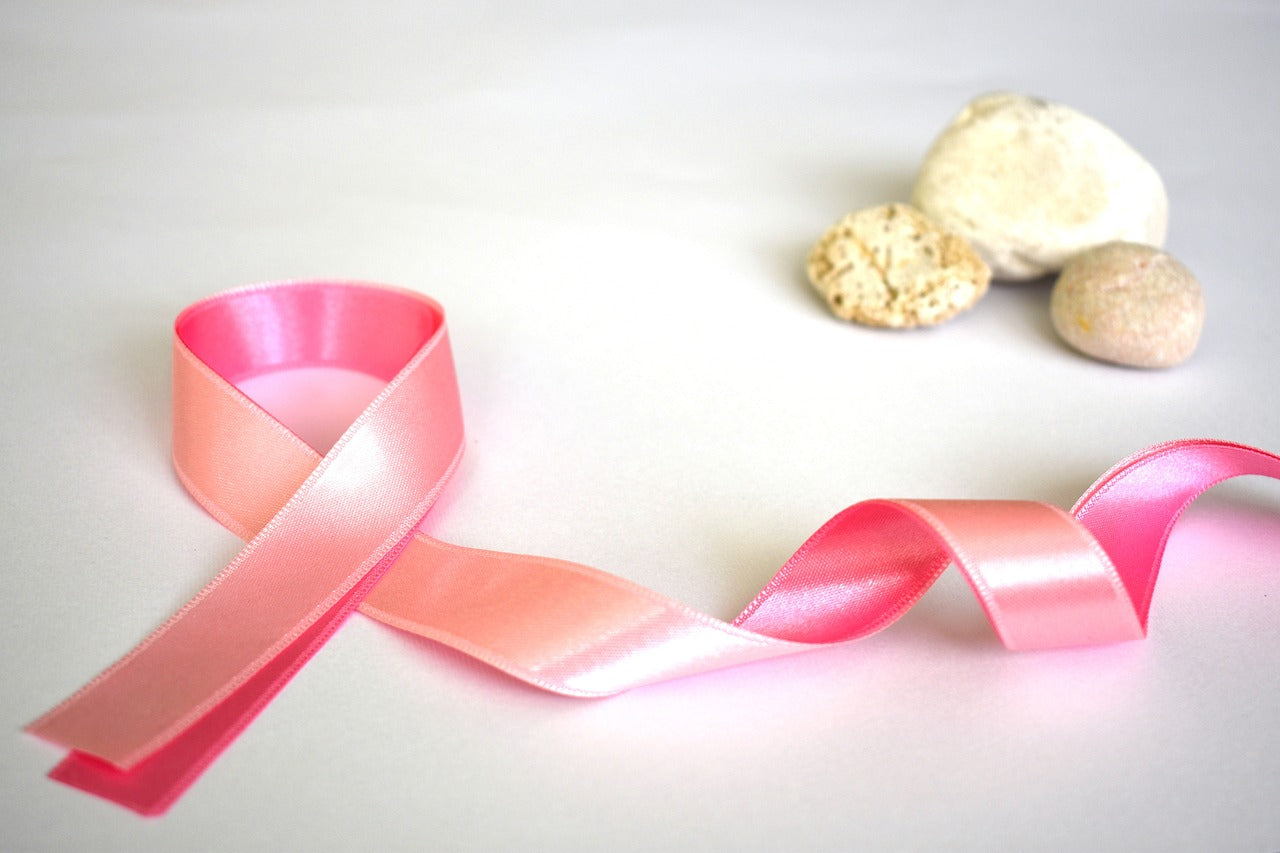Breast cancer is one of the most prevalent cancers among women worldwide. However, early detection through regular screening can significantly improve outcomes. In this comprehensive guide, we'll explore the importance of breast cancer awareness, the various screening methods available, tips for early detection, prevention strategies, and how you can support the cause.
Understanding Breast Cancer
Breast cancer occurs when abnormal cells in the breast tissue grow uncontrollably. While the exact cause is unknown, several risk factors can increase the likelihood of developing breast cancer, including:
Age:
The risk of breast cancer increases with age, with most cases diagnosed in women over 50.
Family History:
Women with close relatives who have had breast cancer are at higher risk.
Genetics:
Inherited mutations in the BRCA1 and BRCA2 genes can significantly increase the risk of breast cancer.
Hormonal Factors:
Early menstruation, late menopause, hormone replacement therapy, and never having children can impact breast cancer risk.
Lifestyle Factors:
Obesity, alcohol consumption, and lack of physical activity may also contribute to breast cancer risk.
Screening for Breast Cancer
Regular screening is crucial for detecting breast cancer at an early stage when treatment is most effective. The following screening methods are commonly used:
Mammography:
A mammogram is an X-ray of the breast tissue used to detect abnormalities such as lumps or calcifications. Women aged 40 and older are recommended to undergo annual mammograms.
Clinical Breast Examination (CBE):
During a CBE, a healthcare professional examines the breasts for lumps or other changes. It is recommended to have a CBE every 1-3 years for women in their 20s and 30s and annually for women aged 40 and older.
Breast Self-Examination (BSE):
While not a substitute for mammograms or clinical exams, regular BSE can help women become familiar with their breasts and detect any changes. It is recommended to perform BSE monthly.
Tips for Early Detection
In addition to regular screenings, being vigilant about changes in your breasts and seeking prompt medical attention if you notice any of the following symptoms can aid in early detection:
Lump or Thickening:
Feeling a lump or thickening in the breast or underarm area.
Changes in Breast Size or Shape:
Noticeable changes in the size, shape, or appearance of the breasts.
Skin Changes:
Redness, dimpling, or puckering of the breast skin.
Nipple Changes:
Changes in nipple appearance, such as inversion, discharge, or scaling.
Persistent Pain:
Persistent pain or discomfort in the breast or armpit area.
Prevention Strategies
While not all breast cancers can be prevented, adopting a healthy lifestyle and minimizing risk factors can help reduce the likelihood of developing the disease:
Maintain a Healthy Weight:
Obesity is associated with an increased risk of breast cancer, so aim to maintain a healthy weight through regular exercise and a balanced diet.
Limit Alcohol Consumption:
Limiting alcohol intake to no more than one drink per day can help lower breast cancer risk.
Breastfeed if Possible:
Breastfeeding has been linked to a reduced risk of breast cancer, so if you're able, consider breastfeeding your baby.
Quit Smoking:
Smoking is associated with a higher risk of breast cancer, so quitting smoking can benefit overall health.
Know Your Family History:
Understanding your family's history of breast cancer can help assess your risk and inform screening decisions.
Supporting Breast Cancer Awareness
You can play a vital role in raising awareness and supporting the fight against breast cancer by:
Participating in Awareness Campaigns:
Join local or national breast cancer awareness campaigns, such as Breast Cancer Awareness Month in October, to spread awareness and encourage early detection.
Supporting Research:
Donate to reputable breast cancer research organizations to support advancements in treatment and prevention.
Offering Support:
Offer support and encouragement to friends or family members undergoing breast cancer treatment, whether it's through emotional support or practical assistance.
Breast cancer awareness, screening, and early detection are crucial components of reducing the burden of this disease. By staying informed about breast cancer risks, undergoing regular screenings, being vigilant about changes in your breasts, adopting healthy lifestyle habits, and supporting the cause, you can contribute to improving outcomes for yourself and others. Remember, early detection saves lives, so prioritize your breast health and encourage others to do the same.
One of Minerva's flagship offerings is its biopsy needles, which are designed to enable minimally invasive tissue sampling with utmost accuracy. These devices incorporate cutting-edge imaging technologies and ergonomic designs, ensuring swift and precise tissue retrieval while minimizing patient discomfort and procedural risks.
Moreover, breast localization products have set the industry standard for preoperative guidance and tumor localization. These tools utilize advanced imaging modalities to precisely pinpoint breast abnormalities, facilitating targeted surgical interventions and optimizing patient care pathways.
Beyond its product portfolio, Minerva distinguishes itself through a steadfast commitment to customer satisfaction and clinical excellence. The company collaborates closely with healthcare providers to understand their evolving needs and challenges, tailoring solutions that address the unique requirements of modern breast healthcare.




